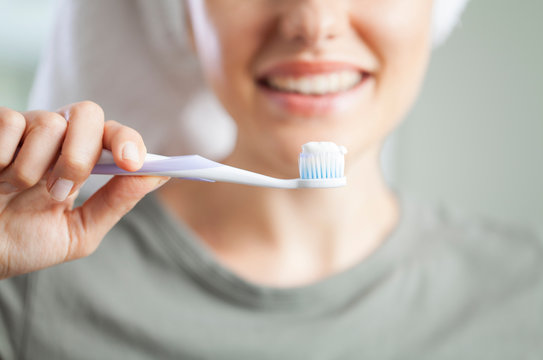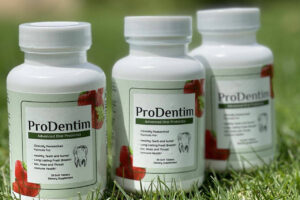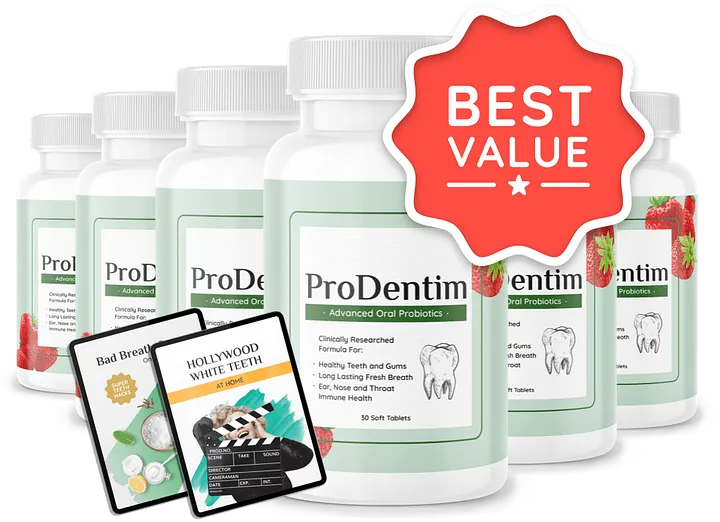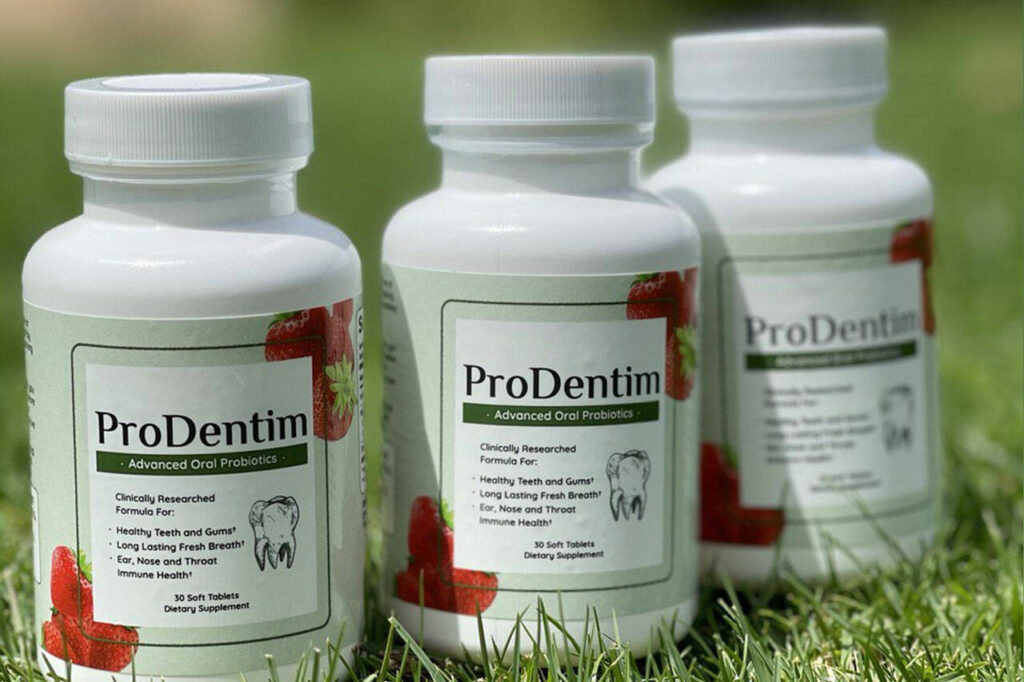Oral Care : Tips for a Healthy Smile

Oral Care is again an absolute part of overall well-being. Big things can go wrong in your code as a result of that error, but it seems to be forgotten about by newcomers until needing answers from constant crashing.
Good dental hygiene helps to eliminate plaque, tartar, and bacteria, which are the main culprits for cavities, gum disease, and bad breath. This not only puts your health at direct risk but also reduces the fear of smiling. Here, we cover the importance of oral health care and ways you can care for your teeth and gums to ensure you maintain strong oral health. read more…
Why is oral care important?
Good oral hygiene not only keeps your teeth white and your breath fresh, but it is also essential for your general health. Poor oral hygiene can cause several dental and medical problems, including:
- Cavities: Bacteria in the mouth produce acids that erode tooth enamel, causing cavities.
Gum Disease: Gingivitis and Periodontitis are infections of the gums and bone that support the teeth. - Bad Breath (Halitosis): Poor dental hygiene can lead to bacteria buildup, resulting in unpleasant odors.
- Heart Disease: Research indicates a link between gum disease and cardiovascular diseases.
- Diabetes: Poor dental health can make it difficult to maintain blood sugar levels, increasing the risk of problems for diabetics.
ProDentim is the Best solution for Oral Care.
 When it comes to improving your oral care regimen, Prodentim is a game changer. This cutting-edge product combines modern technology with high-quality dental care to provide a complete solution for preserving good oral health. Prodentim uses ultrasonic vibrations to effectively remove plaque and stains, delivering a more thorough clean than regular toothbrushes.
When it comes to improving your oral care regimen, Prodentim is a game changer. This cutting-edge product combines modern technology with high-quality dental care to provide a complete solution for preserving good oral health. Prodentim uses ultrasonic vibrations to effectively remove plaque and stains, delivering a more thorough clean than regular toothbrushes.
Its delicate yet effective approach ensures that your teeth are not only whiter but also healthier, reducing gum sensitivity and preventing oral problems. By including Prodentim into your daily regimen, you will notice long-lasting freshness and a brighter, more confident smile. Don’t pass up the opportunity to improve your oral care—choose Prodentim and see the difference for yourself!
Go To Official Website | click here…
To get online Prodentim | click here…
Best Oral Care Practices.
The following are key activities that everyone should include in their regular oral hygiene routine. These routines are simple but beneficial for maintaining a healthy smile:
1. Brush your teeth twice every day.
Brushing your teeth regularly is essential for healthy oral hygiene. Dentists recommend cleaning your teeth at least twice a day, once in the morning and once before bedtime. Be sure to:
- Use fluoride toothpaste: Fluoride strengthens tooth enamel, hence preventing decay.
- Brush for at least 2 minutes. Many people rush through brushing, yet it’s important to fully clean each tooth surface.
- Use a soft-bristled toothbrush. A toothbrush with soft bristles is gentle on the gums and does not destroy enamel.
2. Floss daily.
Flossing is equally as necessary as brushing, but many individuals overlook this essential process. Flossing eliminates food particles and plaque from between your teeth and below the gumline, locations where your toothbrush cannot reach. If left neglected, plaque hardens into tartar, which causes gum disease.
3. Use mouthwash.
Incorporating an antiseptic or fluoride mouthwash into your dental care routine can help prevent cavities and gum disease. Mouthwash reaches regions that brushing and flossing cannot, thereby killing bacteria and freshening breath.
4. Replace Your Toothbrush Regularly An old toothbrush is less effective at cleaning your teeth. Replace your
toothbrush or toothbrush head every three to four months, or sooner if the bristles fray. Using an electric toothbrush can also help you brush more efficiently, as many models include timers and other beneficial functions.
Common Oral Health Concerns and How to Avoid Them
Even with a good oral hygiene program, some people may still have dental issues. Here’s how to avoid the most typical problems.
1. Cavities.
Cavities form when bacteria in your mouth release acids that wear away at the enamel. To prevent cavities:
- Sugar feeds harmful microorganisms, so limit your consumption of sugary foods and beverages.
- Brush and floss frequently to remove plaque and food particles.
- Use fluoride toothpaste and seek fluoride treatments for added protection.
2. Gum disease.
Gingivitis is the early stage of gum disease, marked by swollen and bleeding gums. If left untreated, it can develop into periodontitis, which can result in tooth loss. To prevent gum disease,
- Maintaining proper oral hygiene (brushing, flossing, and using mouthwash).
- Tobacco use should be avoided since it increases the chance of developing gum disease.
- Regular dental cleanings are recommended to remove tartar accumulation.
3. Bad Breath.
Bacteria buildup in the mouth is a common cause of bad breath, also known as halitosis. To combat this:
- Brush your tongue and teeth together to eradicate odor-causing microorganisms.
- Stay hydrated to avoid a dry mouth, which can exacerbate foul breath.
- Chew sugar-free gum or use breath mints to increase saliva production.
The Role of Diet in Oral Care
What you eat directly affects your oral health. A well-balanced diet not only benefits the body but also supports oral health. Here are some dietary recommendations to maintain good dental health:
1. Eat tooth-friendly foods.
Certain meals are healthier for your teeth than others. For example:
- Daily product: Calcium-rich dairy items such as milk, cheese, and yogurt help to improve tooth enamel.
- Leafy greens: Spinach, kale, and other greens are high in vitamins and minerals that benefit oral health.
- Crunchy vegetables and fruits: Apples, carrots, and celery increase saliva production, which helps to clean teeth and neutralize acids.
2. Limit sugary and acidic foods.
Sugar is a major contributor to cavities because it feeds dangerous germs in your mouth. Acidic foods and beverages, including as soda and citrus fruits, can also erode enamel. Limit your intake of sugary snacks and instead choose healthy options such as fresh fruits or almonds.
3. Drink plenty of water.
Water is crucial for oral health. It helps to remove food particles and microorganisms, keep your mouth moist, and neutralize acids. If feasible, consume fluoridated water to strengthen your teeth and prevent cavities.
Visiting the dentist regularly
Even with a thorough oral care regimen at home, professional dental cleanings and check-ups are essential. Dentists can detect early signs of cavities, gum disease, and other concerns that you may not notice. Regular visits (at least twice a year) also guarantee that your teeth are properly cleaned, removing tartar that brushing and flossing cannot reach.
What to expect during a dental visit.
A typical dental appointment involves:
Professional cleaning: The dental hygienist will remove plaque and tartar, polish your teeth, and advise you on your oral hygiene practice.
X-rays: Your dentist may use X-rays to look for hidden abnormalities like cavities between teeth or problems beneath the gumline.
An oral exam involves the dentist checking your teeth, gums, tongue, and throat for symptoms of disease or anomalies.
The Future of Oral Care: New Technologies and Innovations
As technology advances, oral care evolves. Here are some technologies that are creating waves in the dental industry:
1. Electric toothbrushes with smart sensors
Smart toothbrushes now include built-in sensors that track your brushing patterns, provide feedback on technique, and guarantee you reach every part of your mouth.
2. Laser dentistry.
Laser technology is transforming dentistry, enabling more precise and minimally intrusive procedures. It is used to cure gum disease, remove decaying tissue, and whiten teeth more accurately and comfortably.
3. Teledentistry
Teledentistry enables patients to consult with dental specialists remotely, making it easier to receive advice and diagnoses without the need for an in-person visit. This is especially beneficial for people in rural or disadvantaged areas.
Conclusion
Oral care is critical for preserving not only a beautiful smile but also general health. You can keep your teeth and gums in good condition for the rest of your life by practicing proper hygiene, eating a healthy diet, and visiting your dentist frequently. Dental technological developments have made tooth care easier and more effective. So, invest in your dental health today; your smile will thank you!
Affiliate Disclosure: Some of the links in this post are affiliate links, which means I may receive compensation if you purchase them at no additional cost to you. I only recommend products and services that I truly believe will benefit my readers. Thank you for supporting this blog!
you also like to read this click the below links…
Best Teeth Whitening Tips: Achieve a Brighter Smile with Prodentim



